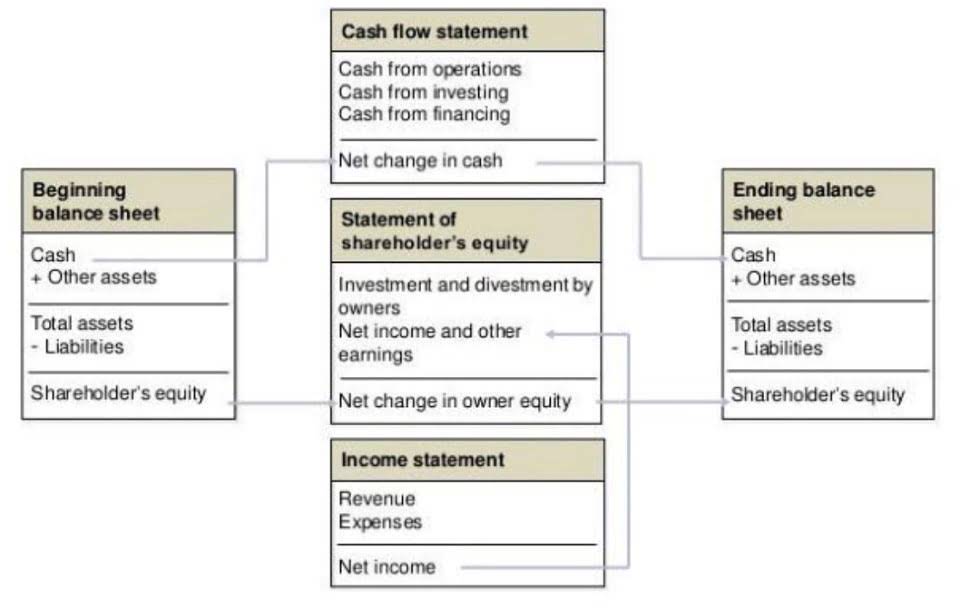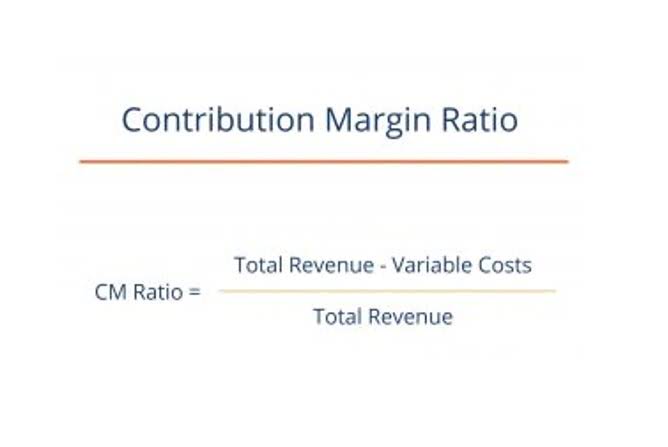Retention periods for business records 2019 overview

Aside from the IRS requiring you to maintain business records, there’s a business case to do so as well. Keeping good records ensures that you have accurate financial statements and that you can assess how your business is doing at any time. Keeping track of your records means that you claim all expenses that you’re allowed — helping to reduce how much you have to pay Insurance Accounting at tax time.
How Long to Keep Business Tax Records and Receipts
- Purchases, sales, payroll, and other transactions you have in your business will generate supporting documents.
- They’re not as accessible as digital records, and if something catastrophic happens, such as a fire or flood, your data is still at risk.
- You might not realize how much information is present on your old bills, statements, voided and canceled checks and other financial documents.
- If you have employees, you’ll want to get a clear understanding of what documentation related to hiring you need to keep.
- So why does the CRA require business documents to be kept for six years as a minimum?
- Archive your old records so that you can access them years into the future, anytime you need.
- Aside from the IRS requiring you to maintain business records, there’s a business case to do so as well.
Using cloud-based storage not only saves on space, but also can be great for organizing and keeping your documents secure, since most services guarantee protection through encrypted networks. Many cloud-based solutions allow access through mobile devices, making your documents accessible almost anywhere in the world. Many financial institutions and businesses now let you opt for electronic billing and statements, either through email or online account access. Some banks charge a fee for paper statements now, as electronic paperwork becomes more readily available.
Free Course: Understanding Financial Statements

The same is true if you receive disability or unemployment benefits. Banks typically don’t mail canceled checks back to you anymore, but if yours does, most canceled checks are okay to shred once you’ve verified your bank statement is correct. Some canceled checks should be saved, though, if they are related to tax returns, like any charitable giving. Many banks and credit card issuers offer electronic statements now, so you may not need to keep paper copies on hand, which fixed assets will cut down on excess clutter.
- The following questions should be applied to each record as you decide whether to keep a document or throw it away.
- It is important to keep these documents because they support the entries in your books and on your tax return.
- However, many of the specific time requirements depend on the type of document and individual state requirements.
- To ask for a clearance certificate for GST/HST registrants, fill out Form GST352, Application for Clearance Certificate (under section 270 of the Excise Tax Act), and send it to your tax services office.
- You may need them to prepare future tax returns or for other purposes.
- Of course, keeping everything forever isn’t practical (or necessary)—and that’s where shredding comes in.
- Your insurance company or creditors may require that you hold onto things for a little longer.
Business Advice

Whether it’s your personal files or a stack of business records, knowing when to shred is half the battle. From keeping tax receipts a little longer to finally letting go of those ancient bank statements, this guide makes it easy to declutter responsibly. Leave it to the pros at Proshred Orlando—they’ve got you covered. Keeping your business records is one thing, keeping them organized is something else altogether. Organization, however, is the key to storing business documents. Organization is not just something that is suggested, according to the CRA, it’s required!

Jacob Dayan is the CEO and co-founder of Community Tax LLC, a leading tax resolution company known for its exceptional customer service and industry recognition. Since 2010, he has led Community Tax, assembling a team of skilled attorneys, CPAs, and enrolled agents to assist individuals and businesses with tax resolution, preparation, bookkeeping, and accounting. A licensed attorney in Illinois and Magna Cum Laude graduate of Mitchell Hamline School of Law, Jacob is dedicated to helping clients navigate complex financial and legal challenges. Tax records should ideally be categorized by year and type, whether you prefer physical or digital storage. It’s important to label your every document clearly, store them securely, and maintain regular backups for digital files (preferably in more than one server). Keeping your tax documents organized can simplify your financial life.

Choose a method of electronic storage—whether on your computer, in the cloud, or on a thumb drive or external hard drive—that offers the most safety and security against identity theft. Make sure your computer is password protected, and consider using an encryption program like Microsoft BitLocker, Apple FileVault, or a third-party program. Choose a well-protected cloud storage program, and use a unique and complex password with two-factor authentication. You should how long to keep business documents retain lease and business loan documents that pertain to tax deductions for the seven-year period described earlier.